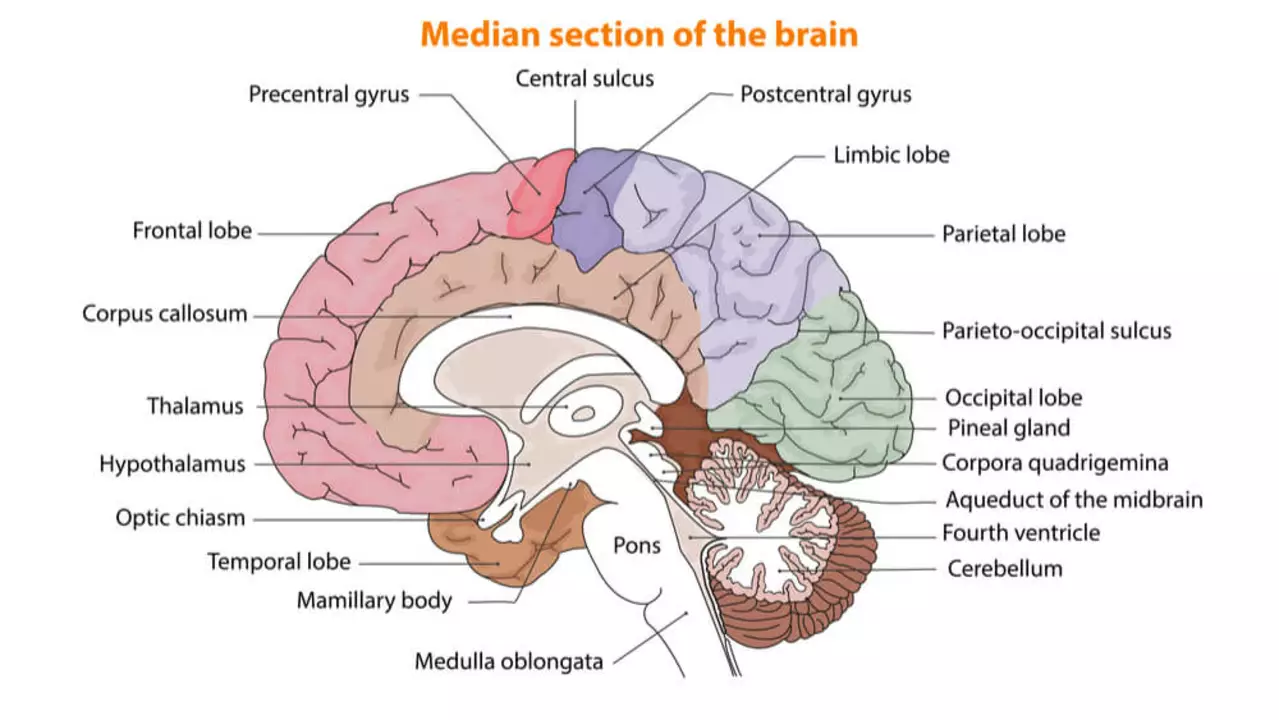Brain: Real Help for Anxiety, Tremors, PMDD and Other Neurological Concerns
Worried a symptom is "just in your head"? Many brain-related signs—anxiety, tremors, mood swings—have clear causes and real treatments. This tag gathers straightforward, practical articles so you can spot what needs medical attention, try safe self-care, and find trustworthy info fast.
Start here: if you feel intense worry that interrupts daily life, check our piece Understanding the Link Between Anxiety and OCD. It explains how anxiety and OCD overlap, what symptoms to watch for, and simple steps you can try right away—breathing, grounding, short behavior changes—while you find professional help.
Quick actions you can take today
For anxiety: use box breathing (inhale 4, hold 4, exhale 4, hold 4) for two minutes, limit caffeine, and break worries into specific next steps. If panic or avoidance grows, reach out to your doctor or a therapist. For mood swings tied to cycles, our Effective Therapy Approaches for Managing PMDD Symptoms article lists therapy options that actually reduce emotional swings—CBT and lifestyle shifts that help now, not later.
Tremors are confusing: sometimes harmless, sometimes a sign of Parkinson’s or another condition. Read Massage Therapy for Tremors: Effective Relief or Myth? to see what massage can and cannot do. Short version: targeted massage and relaxation techniques can reduce muscle tension and improve comfort, but persistent or worsening tremors need a neurologist review and possibly medication or tests.
When to see a doctor — clear red flags
See a doctor right away if you get sudden confusion, severe headache, new weakness or numbness on one side, sudden speech trouble, or fainting. For gradual issues—persistent tremor, panic attacks, severe mood changes—book a timely appointment. Bring notes: when symptoms started, what makes them better or worse, and a short list of current medicines and supplements.
Want reliable medication info tied to brain health? We link to focused guides on drug safety and alternatives—use them to ask smarter questions at your next visit. For example, posts on alternatives to common meds and safety rundowns help you weigh benefits and side effects without the medical jargon.
Finally, use simple tests at home: keep a symptom diary for two weeks, note triggers, sleep, and alcohol or caffeine intake. This helps your clinician and speeds up care. If you’re unsure where to begin, read our featured articles above and pick one small change—better sleep, a breathing habit, or a doctor visit—and try it this week. Your brain will thank you for the small, steady steps.

As a blogger, I recently came across an intriguing connection between Fludrocortisone and the brain. Fludrocortisone, a medication commonly used to treat conditions like Addison's disease, has been found to have some interesting effects on brain function. Studies have shown that it has the potential to improve cognitive abilities, memory, and even mood in certain situations. This surprising connection has sparked further research into the possible neurological benefits of this seemingly simple drug. I am eager to keep an eye on future developments and share them with you all as we continue to unravel the complex relationship between Fludrocortisone and our brains.
Chris Gore May 28, 2023




